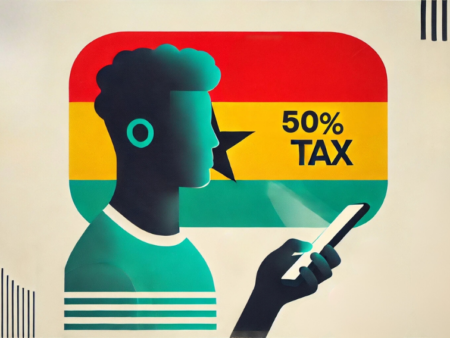Kenyans who use Opera Mini have recently felt the impact of Opera’s discontinuation of its popular free data campaign. This program was especially beneficial for consumers with limited financial resources, as it provided free data bundles that facilitated access to the internet.
Historically, Opera Mini, a widely used browser, leveraged “speed dials”—visual bookmarks that simplify access to frequently visited websites by displaying them as a grid on new tabs—allowing users quick navigation without typing URLs. However, recent regulatory actions by local authorities, including the Betting Control and Licensing Board, have led to a ban on advertising via these speed dials, significantly impacting Opera’s operations.
Since 2020, Opera generously offered its users 50MB of free daily data, greatly assisting Kenya’s 13.5 million local Opera enthusiasts. During the same period, data from the Communication Authority for the second quarter (October-December) revealed that Kenya had about 31.8 million feature phone users. These users, along with those of 65.45 million mobile devices, benefited from Opera’s collaboration with major telcos like Safaricom and Airtel, achieving a mobile penetration rate of 129.4 percent.
Despite the significant penetration of mobile devices, the high cost of internet access in Kenya—averaging Sh295.23 ($2.25) per gigabyte—stands in stark contrast to more affordable rates in developed markets, where a gigabyte can cost as little as 25 cents (Sh 32.80). This price disparity has significantly impacted users of feature phones, who are already economically vulnerable and have relied heavily on Opera’s free data for connectivity.
Opera’s cessation of the free data campaign has left a void. The company expressed in a statement, “Unfortunately, for now, we have had to stop our much-loved Free Data Campaigns in Kenya for our 13.5 million local Opera users. We had to put a hold on investments and free internet access in Kenya, but we are hoping for a solution so that we can once again provide free data to you, our valued customers in Kenya.”
Despite these challenges, Opera Mini continues to offer data-saving functionality that allows users to browse efficiently, saving up to 90 percent of data. This technology compresses web content, significantly reducing the size of videos, photos, and texts, which not only conserves data but also speeds up loading times.
Opera has been a major player in Africa’s digital landscape, supporting over 100 million users across the continent, Kenya and Nigeria being significant contributors to this number. The free data was a crucial part of Opera’s strategy to drive digital inclusion and transformation in Kenya. As the situation develops, Opera hopes to collaborate with key stakeholders, including the Betting Control and Licensing Board, to find a solution that will allow the return of the free data campaign.
As the management noted, the longer this impasse continues, the more challenging it will become for Opera to sustain its investment in such campaigns, particularly in Kenya, one of its largest markets. Opera’s management reiterated, “As an organisation that prides itself in offering customer-driven data solutions, Opera’s aim is to contribute towards bridging the digital divide and offering seamless browsing experiences to all users, including those who browse using feature phones.”
This development not only highlights the challenges faced by digital enterprises due to regulatory changes but also underscores the broader implications for digital accessibility in regions where affordable internet access is crucial for socioeconomic advancement.

